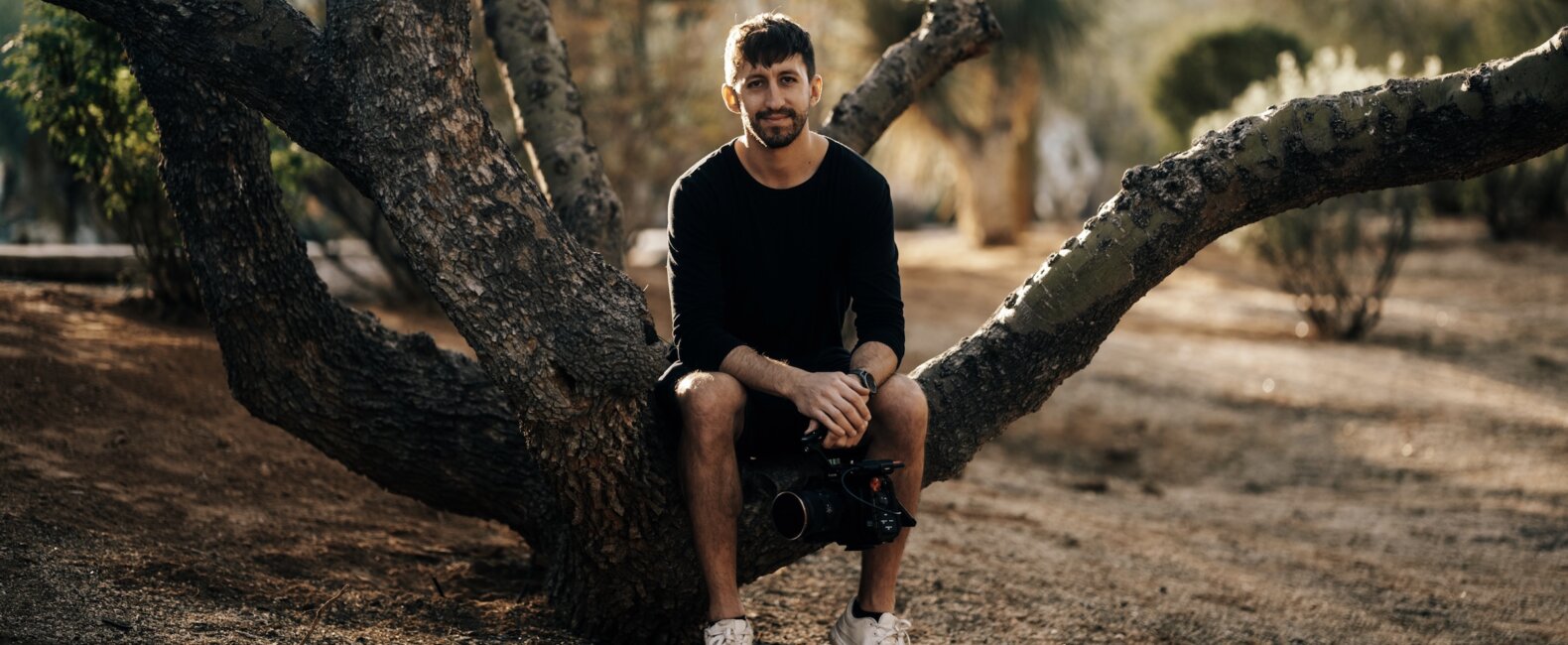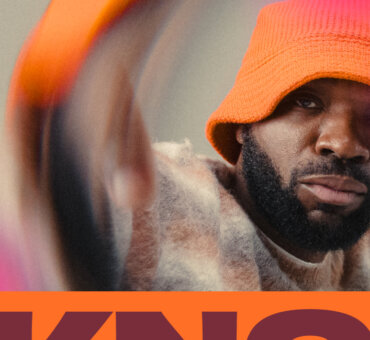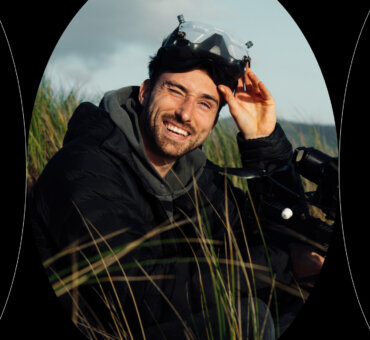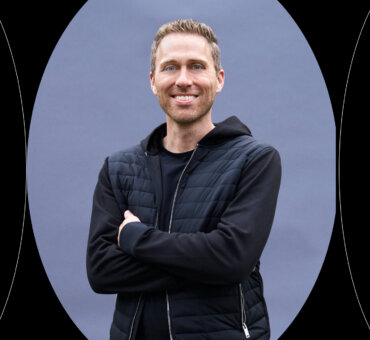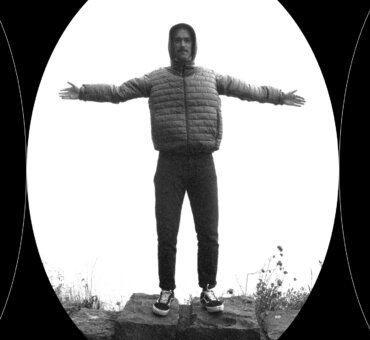When YouTuber Jamie Fenn isn’t filming helpful tutorials for new creators, the Colorado-based filmmaker/photographer creates stunning LUTs, transitions, effects, and more. However, music is just as vital to his compelling stories as the visual components. Read his interview below to learn how he stays inspired, his favorite projects, and how he uses Musicbed to find the right music for his work.
Musicbed: What sparked your passion for filmmaking/storytelling?
Jamie Fenn: It started when I was in kindergarten. I was always passionate about art and music around that age, and as I grew older, I started to skateboard and mountain bike, and my friends and I started taking photos and making videos for sponsors. After going to college and music school, I realized I didn’t want to have an ordinary 9-5 job. I saved money and I started to travel and document my journeys posting on social media and making YouTube videos. One day, I started to gain traction on YouTube, and I became addicted to pushing my creative limits ever since.
What keeps you motivated and creatively inspired?
Besides seeing what’s trending online, what really keeps me motivated is collaborating with other creatives. Seeing how others work, feeding off one another’s energy, asking questions, and learning along the way to better myself by gaining experience. Other times, I have an idea in my head and I get a spark to drop everything I’m doing and go for it, riding that creative flow as long as I can. Once I feel like that wave is dying down, I step back and focus on other things in my life like being outdoors and socializing with friends and family. I think it’s important to know when to step away from the creative space to ground yourself to avoid burnout to continue doing what I love to do.
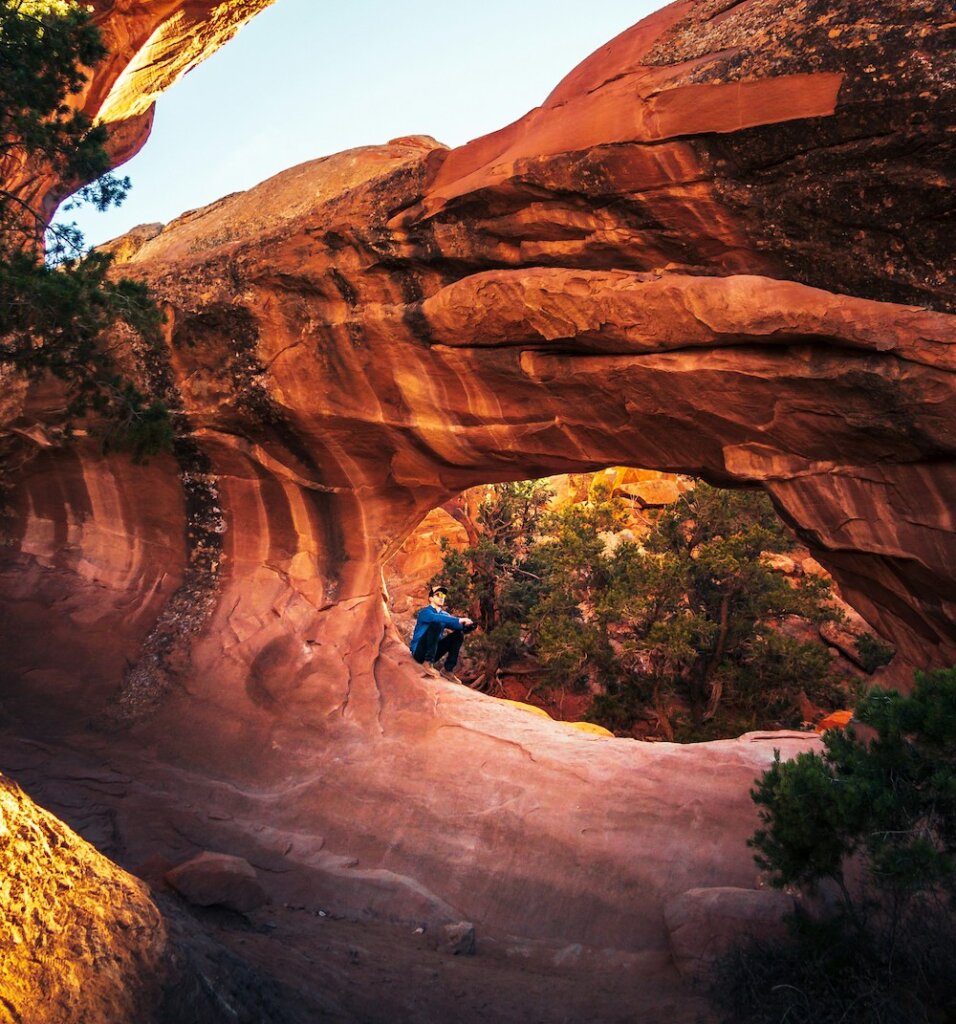
What makes a story visually appealing? What role does music play in storytelling?
I could go down the rabbit hole on this one but I’ll try and keep it short. Composition and framing, color palette, cinematography, lighting, and visual effects all make a story visually appealing. I think it’s important to analyze an array of film narratives to get an idea for a compelling story. Take notes about how certain scenes were shot, what music was used, and how those scenes make you feel. The role music can play in storytelling can set the mood, enhance emotional beats, build tension and suspense, character development, set the scene, and most importantly, create memorable moments.
What elements do you think are essential for crafting a compelling story?
I believe it’s important to connect audiences through authentic portrayals of human experiences. Well-defined characters, conflict and stakes, an engaging plot, theme and message, rich setting and world-building, tension/suspense, and a satisfying resolution are all elements for crafting a compelling story. Use film and cinematography techniques to convey information emotionally. KISS (Keep It Super Simple), set the stage, explore the conflicts, and add a resolution at the end. I’m a big fan of using “the hero’s journey” story structure.
How important is music in your work?
Music is just as important as the visual story components. It’s the driving force behind every good film which allows the audience to have an emotional connection. Having the appropriate music and sound effects helps immerse the viewer in the film. When it comes to social media I tend to stay away from what today’s trending song is. I want to stand out and not fall into the trending crowd. That’s not the audience I want to attract.
What advice would you give other filmmakers/creators who are just starting their careers?
Good question… First, I’d say embrace your limitations. Start with what you have. Don’t worry about having the best gear or a huge budget when first starting out. Learn as much as you can about your craft. Prioritize skills over equipment. Start with the fundamentals like knowing every single feature of your camera and how to maximize its capabilities so no matter where you are or what you’re shooting, your lack of knowledge using your gear is never a factor. Watch tutorials from successful people in your niche. Understand the software you use to edit. That way, the only limiting factor you’ll have is to get your butt out and start filming. Then build a portfolio. Go out and film/shoot everything! Offer your services for free for local businesses and friends and just put out content. Build your brand as much as you can. The more you do that the better you’ll get. Simple I know… But the more you grind the faster you’ll get to your goals. Don’t focus on followers and subscribers, focus on building a core community that supports you. Which In my opinion is the best thing you can do in this line of work. Keep that in mind as you grow into your career no matter how “big” you make it.
How do you find the balance between pushing boundaries creatively and delivering what your client wants or audience wants to see?
I try to communicate with the client as much as I can before working together to make sure our visions align. If they don’t align, I usually don’t move forward with it. It’s tempting to say yes to every email opportunity that comes from a brand that wants to work with you, but you’ll get further saying no more often than you think. When they do align, I feel creatively free to do whatever I want to make the best content I can. If at any point you feel like you’re not being your authentic self, and/or limiting your creativity because of a brand’s limitations, don’t do it. It will turn what you love into something you hate.
What is the most challenging aspect of being a filmmaker/creative?
There isn’t a one-size-fits-all for this kind of thing. The most challenging aspect of being a filmmaker is different for everyone in my opinion. Some suffer from insecurities, imposter syndrome, financials, passion/work ethic, and lack of knowledge and experience in certain aspects of this creative world. But I believe learning as you go is all part of the process. That’s why collaboration is necessary. We all are learning and that’s one reason why I love my job so much.
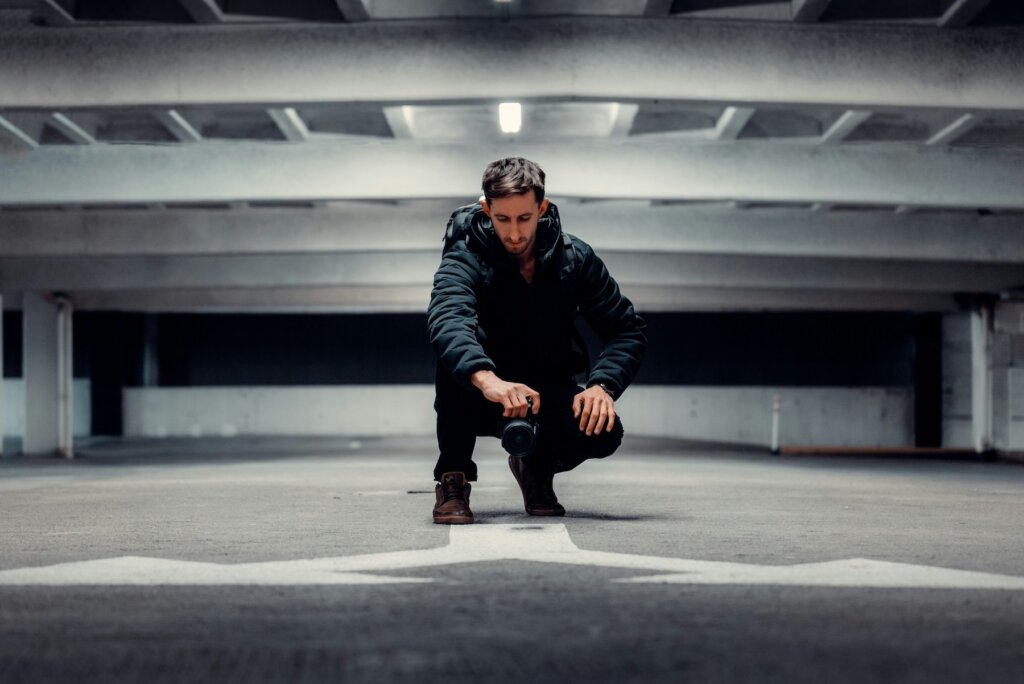
What’s your favorite project that you’ve worked on?
I was a creative director/filmmaker for a brand deal with a car company with one of my good friends last year. We had a team of people helping us with this project and it was one of the biggest projects I’ve ever worked on. Since our schedules were so full we had to condense down two weeks of work into four days. Driving hundreds of miles, chasing sunsets, and filming into the night. It was hectic. That was a project where we all learned a lot about how pre-production is a major important aspect of projects as it will help everyone come together as a team and become efficient. Shot lists and location scouting is key.
How do you search for music on Musicbed? What are some tips that you’d give other filmmakers to search on Musicbed?
I try to be as efficient as possible when it comes to my lifestyle. What I have found works best for me to search for music on Musicbed is I’ll play the most recent music from the site while I’m driving in the car or while I’m at the gym/on a walk. When I come across a song that triggers an emotional response and I start imagining what kind of video would fit with it, that’s when I know it’s a good song so I’ll bookmark it for later. Sometimes I’ll be editing and will have an idea for the type of song I’m looking for for that specific part of the edit, so I’ll simply go onto the site and search within the mood or genre and will find something that way.
Why do you utilize Musicbed in your work?
Musicbed is an endless source of high-quality curated music in every genre. I never have a problem finding exactly what I need. The last thing I need to do is hold up my creative flow trying to find a song to match what I’m trying to make and Musicbed solves that. The music on Musicbed is unmatched.
–
Explore an exclusive playlist of Jamie’s go-to songs he uses in his videos—available to license only on Musicbed.















































































